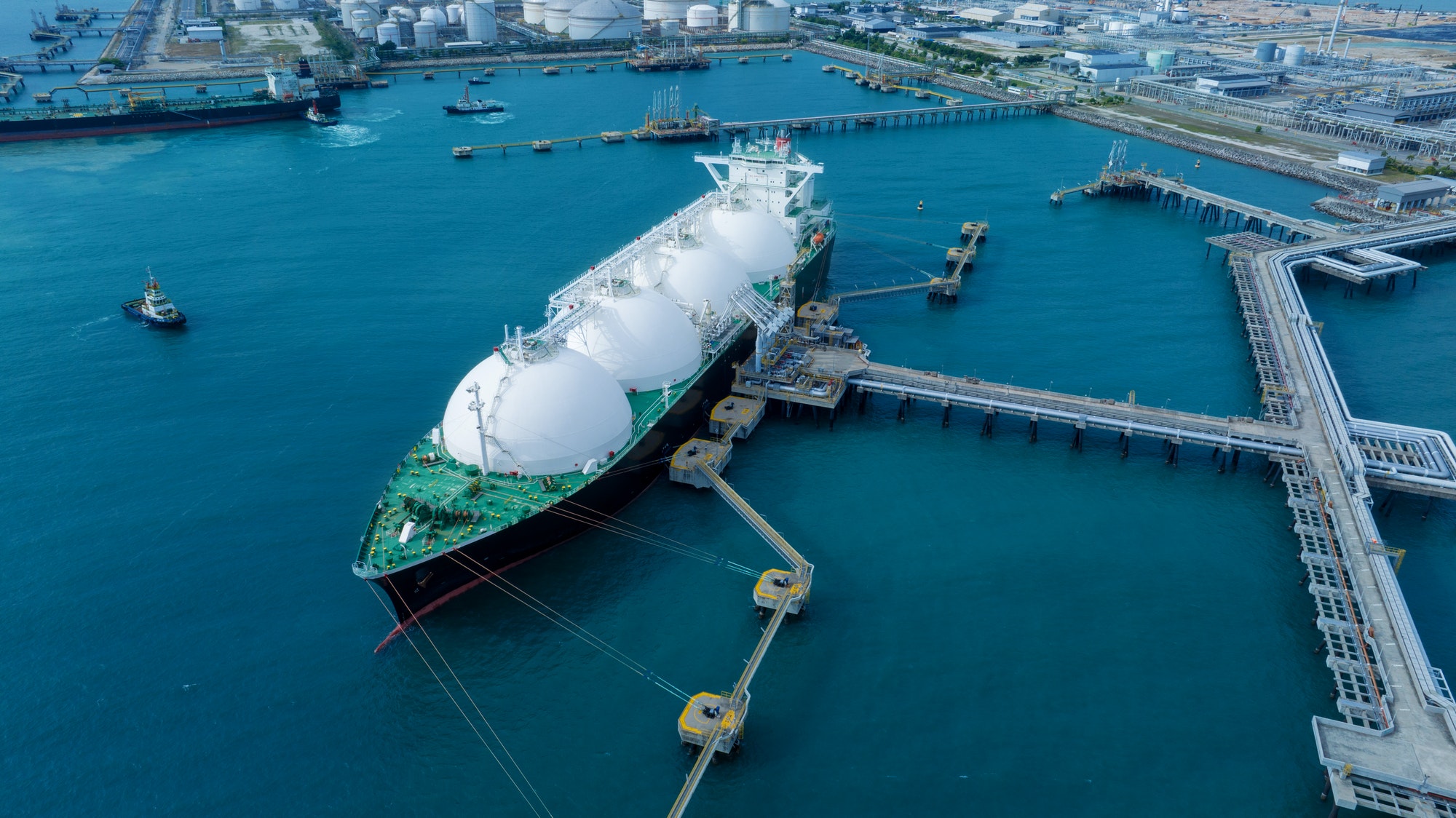The global economy is like a giant network where different countries trade and interact with each other. Right now, there’s a big concern about energy prices going up a lot, which could shake up this network in major ways. Let’s break this down so it’s easier to understand.

Why Energy Prices Are a Big Deal Right Now
Looking Back to Learn About Today
Remember hearing about the 1970s oil crises in history class? Well, we might be facing similar problems today. If the prices for oil and natural gas shoot up suddenly, it could lead to higher costs for just about everything, like what happened in the 1970s. This could make things more expensive for everyone.
Trade Routes and Global Trade
The US and UK are taking action in places like the Red Sea to keep trade routes open. These routes are super important for moving goods around the world. If anything goes wrong in key spots like the Suez Canal, it could mess up how goods are shipped worldwide.
What’s Happening in the World and How It Affects the Economy
The Middle East and Its Influence
The Middle East is really important for global energy because they supply a lot of oil. What countries like Saudi Arabia decide about their oil can affect everyone. Also, tensions in places like the Strait of Hormuz (between the Persian Gulf and the Gulf of Oman) can impact how easily oil is shipped around the world.
Europe’s Energy Situation
Europe is now depending more on liquified natural gas, especially from places like Qatar, because they’re getting less gas from Russia. This change is a big deal for Europe’s energy security and affects the global economy too.
How Governments and Banks Are Reacting
Central Banks Keeping an Eye Out
Central banks (the organizations that manage a country’s money supply) are watching these energy price changes closely. They know that if energy prices go up a lot, it could lead to higher inflation, like in the 1970s, and they might need to change their plans.
The UK Getting Ready
The UK is preparing for the possibility of an economic downturn (when the economy slows down), which could be caused by problems in global trade and energy. This isn’t just a UK problem; it could affect the whole world’s economy.
In summary, the world is facing a tricky situation with the potential for high energy prices, political tensions, and issues in global trade. It’s kind of like a repeat of the energy problems from the 1970s, but with new challenges. Governments, businesses, and everyone else need to keep an eye on this and be ready to adapt.
 cargo ship on river. Cargo ship” class=”wp-image-6551″/>
cargo ship on river. Cargo ship” class=”wp-image-6551″/>FAQ Section for the Global Economy and Energy Prices Article
Here’s a list of frequently asked questions (FAQs) that could be added to the article for a better understanding of the topic:
1. What are Energy Price Shocks?
A: Energy price shocks happen when the prices of energy sources like oil and natural gas rise suddenly and significantly. This can lead to higher costs for producing and transporting goods, affecting the economy.
2. Why is the Global Economy Affected by Energy Prices?
A: The global economy is interconnected, meaning what happens in one part of the world can impact others. Since energy is essential for almost everything – from manufacturing to transportation – changes in energy prices can have widespread effects on global trade and economic stability.
3. How Do Energy Prices Impact Everyday People?
A: Higher energy prices can lead to increased costs for goods and services. This means people might pay more for things like groceries, gas, and heating. It can also affect jobs in industries sensitive to energy costs.
4. What Happened in the 1970s with Energy Prices?
A: In the 1970s, there were two major oil crises where oil prices spiked dramatically. This led to high inflation and economic challenges in many countries, showing how dependent the world economy is on stable energy supplies.
5. Why are Trade Routes Like the Red Sea Important?
A: Major trade routes, like the Red Sea, are crucial for transporting goods, including energy resources. Disruptions in these routes can lead to delays and higher costs for global trade, affecting economies worldwide.
6. What’s the Situation with Europe and Energy?
A: Europe is currently facing challenges in securing energy supplies, especially due to reduced gas imports from Russia. They are increasingly relying on liquified natural gas from other sources, which impacts their energy security and the global energy market.
7. How Do Central Banks Respond to Energy Price Changes?
A: Central banks can adjust monetary policies, like interest rates, to respond to inflation caused by high energy prices. They aim to balance economic growth with stable prices.
8. What Could Happen to the UK Economy?
A: The UK, like many other countries, is at risk of economic downturn due to high energy prices affecting trade and costs. This can lead to slower economic growth and potentially a recession.
9. What Can Governments and Individuals Do?
A: Governments can create policies to stabilize the economy and secure energy supplies. Individuals can adapt by being more energy-efficient and staying informed about economic changes.
10. Why Is It Important to Understand This Issue?
A: Understanding the impact of energy prices on the global economy helps in making informed decisions, both at the policy level and in personal finance. It also highlights the importance of energy security and economic resilience.
Sources BBC


